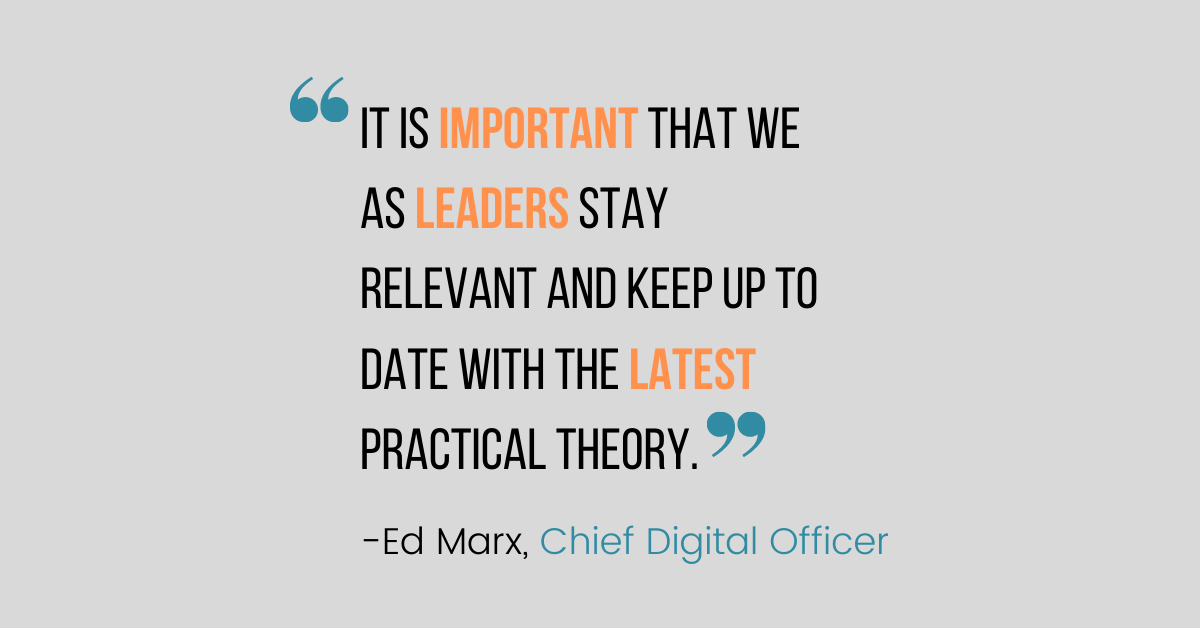The Psychology of Leadership


Will Conaway recently joined The HCI Group team as Vice President of Provider Delivery and was welcomed by Chief Digital Officer, Ed Marx to discuss the psychology of leadership in a recent webinar. Will has a very diverse leadership background including executive roles in the automotive, consulting and healthcare industries and is the current Vertical Lead of Leadership at Cornell University. In this role, he teaches the psychology of leadership, decision making, strategy and negotiation, as such he is able to bring a wide depth of knowledge and experience to the discussion.
 “It is important that we as leaders stay relevant and keep up to date with the latest practical theory.” – Ed Marx
“It is important that we as leaders stay relevant and keep up to date with the latest practical theory.” – Ed Marx
Introducing the three categories of motivation theory
Will Conaway: I’ve been in management for over 25 years and have always been keen on looking at what others are doing. In the last five years, I have put a large focus on research and studying what motivates people. In doing so I developed the three categories of motivation:
The Checklist Technician
This is the category that most people want to be in. These are the people that have this overwhelming sense of pride in accomplishment when they can check an item off a list. These people thrive on “task tension”, which gives them the cognitive ability to rise up to challenges and be more focused. They are very motivated and gain euphoria every time they complete a task. Those who fall into this category should focus on projects and items in your life that are highly focused with a clear direction. This will help you stay focused and motivated as you move through things. PMs, Pilots, doctor, military leaders and a lot of CIOs fall into this category.
Pros: Great to have on projects. They get things done.
Cons: They can get really focused on one item if they don’t have that clear direction on what is urgent and important.
The Rewards Artist
This is the category that some people are embarrassed to fall in to. These are the people that are motivated when they win awards and recognition from their peers. They also view others on their teams as reflections of their success. They thrive on high visibility work. Politicians, actors, C-suite executives and athletes tend to fall into this category.
Pros: Get teams motivated. Vital to organizations as they motivate others around them. They often get awards won for other people. They have often have a magnetic personality that inspires others.
Cons: They are often big multi-taskers so will tend to drive others a little crazy sending multiple texts throughout the day about their work (looking for recognition).
The Societal
 We have all met persons throughout our lives who fall into this category. These are the people who find their primary motivation from their social surroundings. Their closest associates are almost always work related. You know these people as the ones who send you the text messages on the weekend or out of work hours about non-work-related matters. They are also the persons who may have encouraged and arranged virtual team gatherings throughout the global pandemic. We need these types of people, as they are very good at making other people feel important and improving the overall mood of the teams that they are on. They are also great connectors and will know the person the best person for you to speak with about almost any task or problem you may be having. They are very good at getting everyone together when things are going wrong and get things done. Sales and Realtors tend to fall into this category.
We have all met persons throughout our lives who fall into this category. These are the people who find their primary motivation from their social surroundings. Their closest associates are almost always work related. You know these people as the ones who send you the text messages on the weekend or out of work hours about non-work-related matters. They are also the persons who may have encouraged and arranged virtual team gatherings throughout the global pandemic. We need these types of people, as they are very good at making other people feel important and improving the overall mood of the teams that they are on. They are also great connectors and will know the person the best person for you to speak with about almost any task or problem you may be having. They are very good at getting everyone together when things are going wrong and get things done. Sales and Realtors tend to fall into this category.
Pros: They get things done. They can push things through when projects etc. are getting blocked or stalled.
Cons: Can often have mood swings that create emotion contagion in the workplace. If they are in a good mood everyone around them is in a good mood. If they are in a bad mood, then everyone picks up on that energy and things can go wrong.
Why knowing your motivation category is important as a leader

Will Conaway: “Whilst I wouldn’t say these are the only categories out there, I have found most people fit in to at least one of the categories listed. Some people may find themselves to be a blend of all three categories, which is very normal. However, you will find that you predominantly fall in to one of these categories more than the other and it is important that you work out which it is. Understanding what motivates you provides self-awareness and teaches leaders more about how they manage other people.”
Diversify your team with all three categories
Leaders want a combination of all types of persons on their teams, beyond just gender and race. You also want to look at skill set. The Checklist Technician will get things done, The Societal will encourage teamwork and The Rewards Artist will motivate others to take the company to the next step and gain recognition. When the three groups come together there is a higher level of employee engagement beyond just job satisfaction.
If you want to know more about the Psychology of Leadership, you can watch the webinar recording with Will Conaway. Click here!

